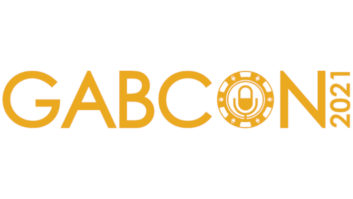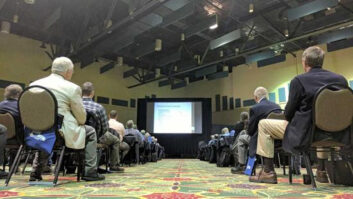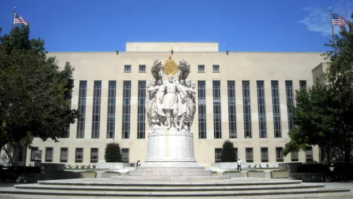A proposal from the FCC to beef up its foreign sponsorship identification regulations is being met with resistance from some major radio broadcast groups in the United States. These groups said they are worried the new rules could require them to load massive amounts of material into their public files.
The FCC’s Second Notice of Proposed Rulemaking (NPRM) released last fall would further regulate foreign-sponsored programming on U.S. radio and television. The proposal if adopted would require deeper background verifications by broadcasters of programming it airs.
In addition, the FCC sought comment on a first-of-its kind requirement that broadcasters and lessees make certifications of compliance using FCC-specified language and place the certifications in stations’ online public inspection files.
The National Association of Broadcasters and Multicultural Media, Telecom and Internet Council (MMTC) in previous comments asked the FCC to alter course. The groups questioned the FCC’s statutory authority to place “unjustifiable — and even unconstitutional — burdens on stations.”
The FCC also is considering a pending request for clarification of the scope of the term “lease” in the foreign sponsorship identification rules. It asks the FCC to clarify that advertising of any length and format for commercial products and services does not constitute a lease.
How the FCC settles that question is clearly a primary interest to broadcasters who have reviewed the latest FCC proposal.
Cox Media Group (CMG) told the FCC that it is concerned about the volume of material stations will be required to review and place in station public files under the rules proposed in the most recent NPRM. It “will not advance the commission’s goals,” CMG says.
The broadcaster also asks the FCC to narrow the scope of what is and is not a “lease agreement” for purposes of the foreign sponsorship identification rules.
“Rather than an approach under which broadcasters are required to review thousands of programming agreements and ad sales contracts related to content and then place information in station public files about programming that is not a potential threat, broadcaster efforts should focus on reviews of program leases where foreign governmental entities might actually be a party and disclosure of the foreign governmental entity would benefit the public,” CMG told the FCC.
[Related: “NAB Finds Fault with FCC’s New Foreign-Sponsorship Proposal“]
CMG urges the FCC to concur with a request from NAB and confirm that advertisements for commercial products or services, regardless of length, be exempt from the foreign sponsorship identification rules.
“There is no public benefit gained by including advertising sales contracts or agreements within the scope of the foreign sponsorship identification rules, and excluding advertising sales contracts and agreements will present no public risk,” CMG commented.
Based on its previous experience, CMG says the cost of compliance with the new proposed foreign sponsorship identification rules will be significant, both for broadcasters and for their content suppliers. It asks the FCC to take a more targeted approach to avoid developing “a massive regulatory regime.”
Audacy Inc., and Beasley Media Group, in joint comments told the FCC the commission has proposed “an expansive new scheme imposing complex new legal duties” on broadcasters and their clients.
“The commission’s proposals place broadcast licensees in the position of serving as rule enforcers and legal advisors. The proposals require both licensee and lessee to certify to multiple attestations in lengthy, complex, government-mandated documentation before a lessee (and possibly an advertiser, depending on the commission’s interpretation) can purchase time on a broadcast station,” the broadcasters commented.
Audacy and Beasley call the proposal “extraordinary” and conclude the commission “simply has no statutory power to require lessee certifications, and broadcasters certainly have no statutory duty to be serve as enforcers or informants.”
The broadcasters continued: “These proposals in no way represent the optimal mechanism for ensuring that an extremely limited number of foreign sponsorship announcements are made on broadcast stations.”
Cumulus Media — in joint comments filed with a large number of other radio broadcast groups — asks the FCC to exempt any advertisements and locally produced programming, such as religious programming, from the proposed foreign sponsorship requirements.
“Placing regulatory burdens on these arrangements, such as certification and reporting obligations, would create disincentives for both licensees and lessees where there is little to no chance of foreign influence over programming that would not be disclosed in the normal course,” the broadcasters commented.
This is the FCC’s second attempt to more tightly regulate foreign-sponsored programming on radio and television in this country. A federal appeals court in July 2022 tossed the FCC’s first try at adopting new disclosure requirements saying the FCC went too far and lacked the authority to impose a verification requirement.
Comments on MB Docket 20-299 can be viewed using the commission’s online system.











